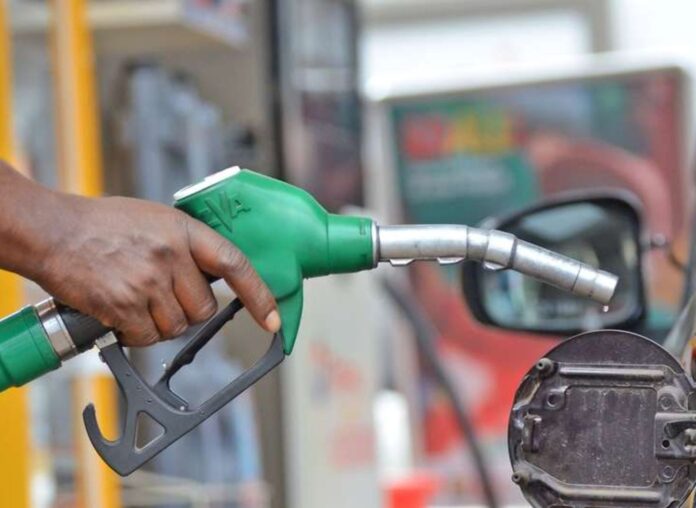
The general prices of goods and services, measured by consumer inflation, have climbed to their highest level in 18 years – hitting 29.8 percent in June – data released by the Ghana Statistical Service (GSS) have shown.
This represents a 2.2 percentage point increase from the 27.6% recorded in May. The main driver of June’s inflation was the usual suspect, fuel prices – which saw the inflation rate of transport shoot up by 41 percent compared to 22 percent recorded in the previous month.
Food inflation was 30.7 percent, a 1.6 percentage point higher than non-food at 29.1 percent. Inflation for locally produced items hit 29.2 percent, while that of imported items recorded 31.3 percent.
For the third month in a row (since April 2022) imported items recorded higher inflation rates than locally produced ones. The gap widened in June 2022 (2.1 percentage points) relative to the variations recorded in both April (1.7 percentage points) and May (0.9 percentage point).
At the regional level, the Eastern Region deposed the capital, Greater Accra, as the region with highest inflation, recording 35.8 percent. It was followed by the Western Region which recorded 33.9 percent. The Upper East Region recorded the lowest inflation rate of 21 percent.
Expert view
Discussing the central bank’s policy response to recent incessant inflation, Director of Research at the Institute of Economic Affairs (IEA), Dr. John Kwakye, while acknowledging that the Inflation Targetting approach could help mitigate the second-round inflation occasioned by erratic price shocks from supply side components – food, exchange rate and fuel – highlighted that it is counter-intuitive to expect the limited scope of the BoG’s sphere of operation to significantly rein-in inflation.
The economist made this point during a roundtable discussion organised by the IEA on the theme ‘Rethinking Inflation Management in Ghana in the Wake of COVID-19 and the Russia-Ukraine War’.
Dr. Kwakye reiterated that the peculiar, cyclical nature of Ghana’s inflation requires concerted efforts by both the BoG and central government to address it, adding that the latter “must take overall responsibility for the inflation crisis”.
Pointing to the United Kingdom as an example, where the Chancellor of the Exchequer – equivalent to our minister responsible for finance – sets the inflation target and charges the Bank of England Governor to achieve it, the IEA’s Director of Research suggested: “A similar approach is needed in Ghana”.
Touching on the possibility of another policy rate hike, he referenced the recent admission by US Federal Reserve Chairman Jerome Powell, that hiking the Fed rate would not directly impact on the cost of food and fuel – major drivers of the current inflationary trend.
Dr. Kwakye asked: “If food and fuel are drivers of US inflation and the Fed rate will not have any effect on them, then what is justification for successive increases – and the signal for further increases in the rate, ostensibly to contain inflation?”
Hybrid approach
To deal with inflation on a lasting basis, the IEA proposed what it termed a ‘mixed’ or ‘hybrid’ approach. This, it said, is a combination of IT approach – which it referred to as the ‘macro-approach’, to the extent that it targets entire headline inflation – with an approach that directly targets persistent supply or cost components of the CPI, which the institute dubs the ‘micro-approach’.
The former Monetary Policy Committee member further stated that only transformative policies which substantially increase foreign exchange earnings and reduce foreign exchange demand will ensure lasting stability of the exchange rate and stem impacts on inflation.
Policies targetting increased food supply – such as promoting modern mechanised farming while also supporting traditional farmers with inputs and enhanced storage – were touted as crucial. Additionally, revamping the Tema Oil Refinery; a focused consumption of local commodities; and enforcement of the forex laws.
The IEA also urged the BoG to further engage foreign mining companies, oil and gas companies, telcos and banks to slow down repatriation of their profits and dividends to ease pressure on the cedi.
“The BoG could arrange to keep custody of, and remunerate, excess funds until they are ready to be repatriated.”









